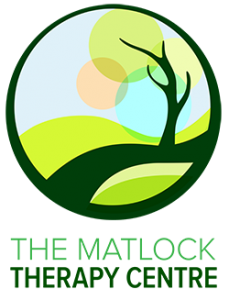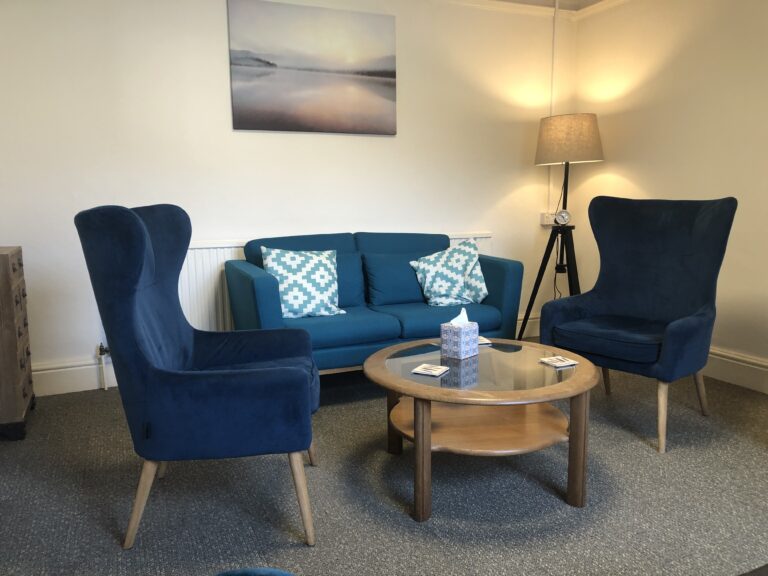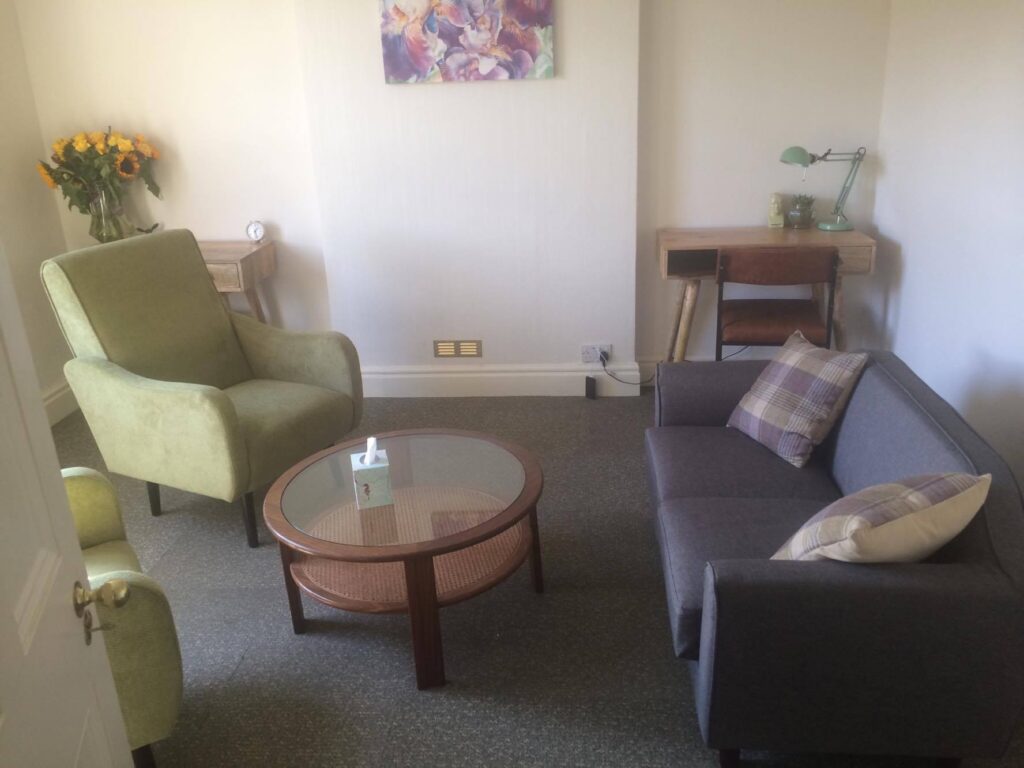 Susan Travis
Susan Travis
I qualified as a social worker in 1998 . I worked primarily in Child Protection but I also worked in Education and undertook some youth work .
I was trained in forensic interviewing of children and young people who had experienced abuse for criminal investigations and the Court Process. I was also a member of the Local Authority Adoption Panel
Child And Adolescent Mental Health
For the last 15 years I have worked in the NHS as a CAMHS clinician and more recently Team Lead. During this time I have worked therapeutically and systemically with young people who have been referred to CAMHS with a range of mental health presentations. I remain employed in the NHS in this role
High Functioning Autism
In 2010 I completed an ADOS training programme at The Winnicott Centre Manchester . Following this training my CAMHS role included Autism Assessments as well as work with young people and parents post diagnosis
I had developed an interest in high functioning Autism through my early CAMHS work. I was particularly interested in girls on the Spectrum as their presentation was often more subtle than the typical male presentation referred to in general descriptions of Autism .
Consequently Autism in girls was often ‘missed’ until they presented with mental health difficulties such as anxiety and low mood . The Autism diagnosis usually came as a relief because it enabled girls to make sense of why they could be academically able but struggle with relationships and routine tasks . It also helped them to understand why they appeared more able to manage in their pre teen years than they did in as young adults
There is a quote that says if you have met one person with Autism , you have met one person with Autism !
Families can of course access a number of workshops and training programmes Post diagnosis to help them understand Autistic Spectrum Disorder . However , many families report that whilst these are helpful they want time to discuss their child and the impact ASD has on their child’s ability to manage daily life challenges , in a way that workshops cannot facilitate
I can offer you time to talk about your child and help you to ‘ put your ASD glasses on ‘ so you can better understand how your child views the world . Understanding will help you and your child to celebrate their many strengths , skills and talents and better manage the demands that can overwhelm them . I can also help young people understand their ASD diagnosis and together we can consider strategies that may be helpful to them in their daily lives
Although I work with young people I would be happy to support adults who have had a recent diagnosis or those who feel they would like to explore the possibility that they have an undiagnosed Autistic Spectrum Disorder



